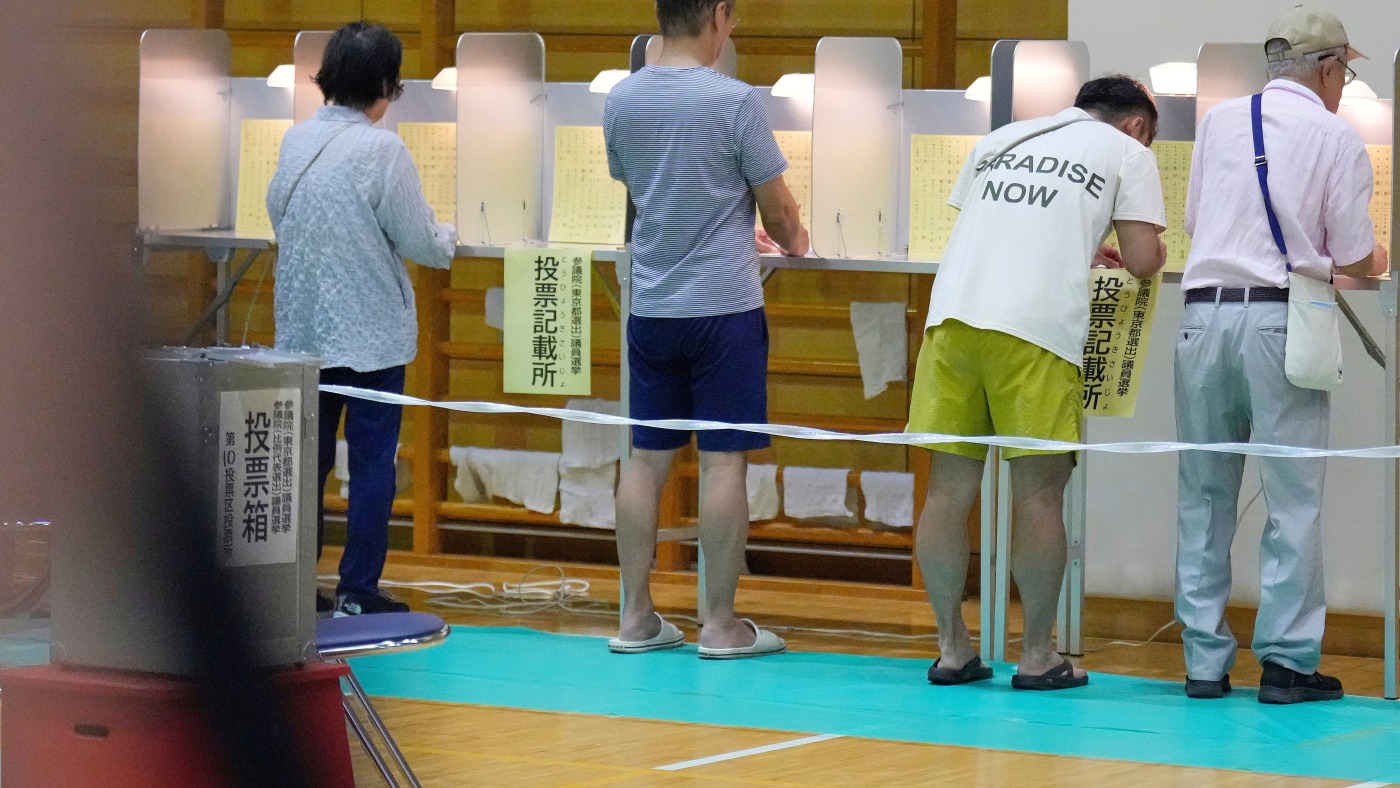The Ishiba Test: A Critical Juncture for Japan
The Weight of Public Sentiment
Japan’s recent upper house election was more than a routine political exercise; it was a litmus test for Prime Minister Shigeru Ishiba’s leadership and his administration’s ability to address the nation’s pressing concerns. The election results revealed a electorate deeply troubled by economic hardships, social divisions, and political scandals. The outcome has significant implications for Japan’s political stability and its ability to navigate complex domestic and international challenges.
Economic Pressures and Public Dissatisfaction
The election was dominated by economic anxieties. Rising prices, stagnant wages, and the burden of social security payments have created a sense of economic insecurity among Japanese households. Voters questioned whether Ishiba’s economic policies were effectively addressing these issues. The government’s failure to deliver tangible improvements in living standards contributed to widespread dissatisfaction.
Trade tensions with the United States added another layer of uncertainty. The threat of US tariffs raised concerns about the potential impact on Japan’s economy and its relationship with a key trading partner. Voters were wary of the economic risks posed by these tensions and demanded a more proactive approach from the government.
Social and Political Challenges
The election also highlighted deep-seated social divisions. A surge in right-wing populist sentiment fueled debates over immigration policies. Stricter measures targeting foreign residents and visitors gained traction, reflecting anxieties about national identity and social cohesion. These debates exposed the fractures within Japanese society and the need for a more inclusive and cohesive national vision.
Political scandals further eroded public trust. Lingering financial scandals involving the ruling party undermined the government’s credibility. Voters expressed outrage over corruption and demanded greater accountability from their leaders. The erosion of public trust posed a significant challenge for Ishiba’s administration, making it difficult to build consensus and advance his agenda.
The Election’s Aftermath: A Fragile Political Landscape
The election results sent shockwaves through Japan’s political system. The ruling coalition suffered losses in the upper house, failing to secure a clear majority. This outcome reflected widespread voter dissatisfaction with the government’s performance and weakened Ishiba’s grip on power. The possibility of a leadership challenge or a snap election loomed large, creating a period of heightened political uncertainty.
The setback in the upper house election also raised questions about the government’s ability to enact meaningful reforms. With a divided parliament, policy gridlock became a real concern. This could hinder Japan’s ability to address its economic and social challenges effectively. The election results may also embolden opposition parties, creating new opportunities to challenge the ruling coalition and advance alternative policy agendas.
The Path Forward: Addressing Deep-Seated Challenges
The election outcome underscores the urgency of addressing economic inequality and providing greater security for struggling households. Japan needs to find ways to bridge social divisions and foster a more inclusive society. This requires open dialogue, compromise, and a commitment to addressing the concerns of all citizens.
Political reform is also crucial. The election results highlight the need for greater transparency, accountability, and responsiveness in government. Reforms are needed to restore public trust and ensure that the political system serves the interests of the people. Japan’s ability to navigate complex international relations will be crucial in the years ahead. This requires strong leadership, strategic thinking, and a commitment to multilateral cooperation.
A Pivotal Moment for Japan
The upper house election has delivered a stark message: Japan is at a crossroads. The path forward requires bold leadership, innovative solutions, and a renewed commitment to addressing the challenges facing the nation. The next chapter in Japan’s story remains unwritten, but it will be shaped by the choices made in the aftermath of this pivotal election. The Ishiba administration now faces the daunting task of charting a new course for Japan, one that addresses the economic, social, and political challenges that lie ahead. The success of this endeavor will determine the nation’s future trajectory and its ability to thrive in an increasingly complex and interconnected world.

